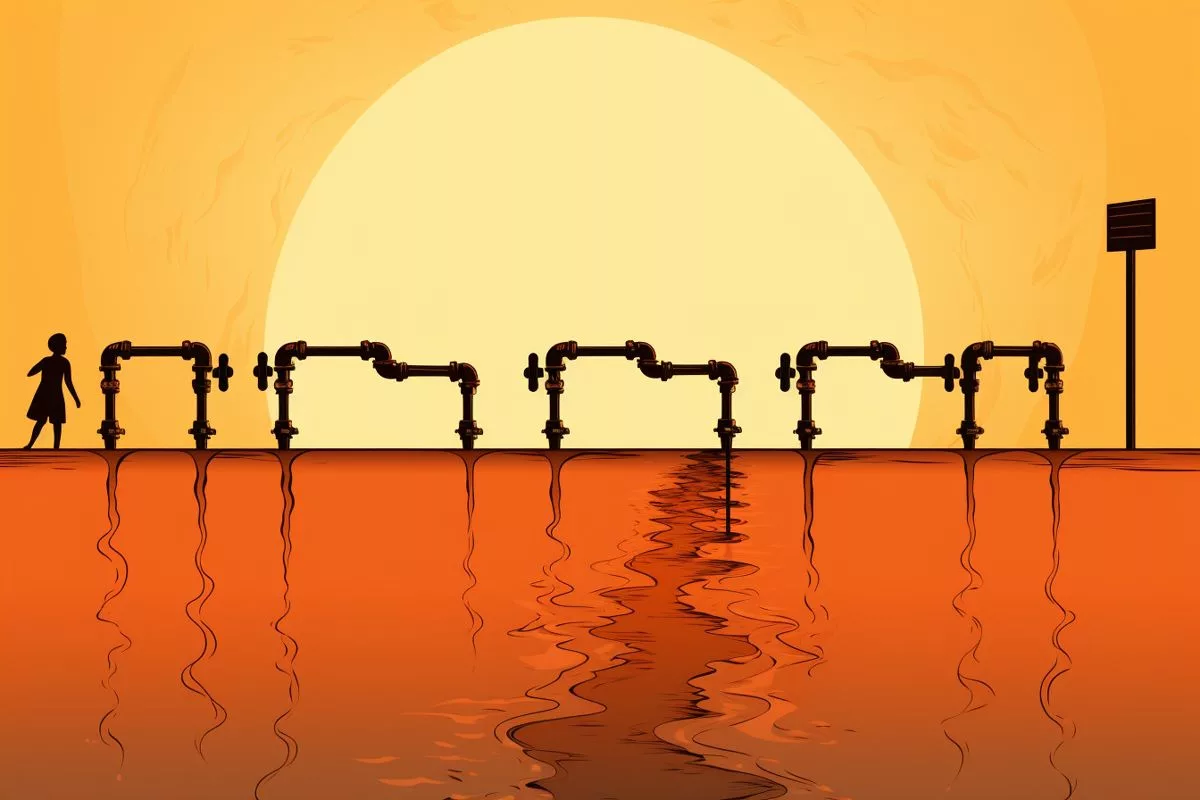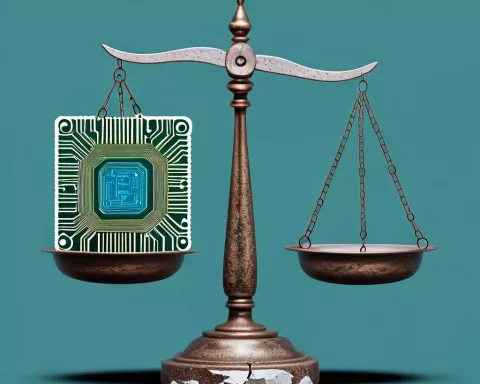Protesters in Cape Town demand fair water distribution and an end to water inequality. The municipality’s implementation of water management devices and debt deductions from electricity transactions were key issues of contention during the demonstration. The struggle for resource equality continues, with the wealthiest 14% consuming over half of the city’s water supply, while those lacking financial resources face challenges in accessing this vital resource.
Protest for Water Rights in Cape Town: A Demand for Equality
The African Water Commons Collective led a protest in Cape Town for fair water distribution and an end to water inequality. The protesters demanded the termination of water segregation, an end to water debt deductions, solutions for broken pipes and clogged drains, and a re-evaluation of the city’s water management strategies. The issue lies in the distribution of water, not in scarcity, with the wealthiest 14% consuming over half of the city’s water supply. The struggle for resource equality continues in Cape Town.
A Cry for Justice
On a Thursday morning in Cape Town’s bustling city centre, the demand for water equality reverberated through the streets. “Terminate water segregation!” was the rallying cry from the multitude of demonstrators convening at the Cape Town Civic Centre. Spearheaded by The African Water Commons Collective, the demonstration was a campaign for fair water distribution, a resistance against water inequality, and an appeal for the city to re-evaluate its water management strategies.
Water management devices, implemented by the municipality in the protesters’ residences, were a significant source of discontent. The devices limit water flow after a household has exhausted its allocated quota, a mechanism referred to as the drip system. This was a key issue of contention during the protest. Additionally, the demonstrators vehemently demanded the cessation of water debt deductions from electricity transactions, along with solutions for broken pipes and clogged drains.
Historical Injustices and Water Disparity
Koni Benson, an envoy from The African Water Commons Collective, encapsulated the demonstrators’ feelings. “When they seized our land, they took our water. We haven’t regained either,” she declared, drawing a parallel between past instances of land dispossession and the current water disparity issues.
For Benson, the issue lies not in water scarcity, but in its distribution. She emphasized that since 1994, water has been treated as a commodity, making this vital resource inaccessible to those lacking financial resources. She contended that this structural problem is a political one, not a reflection of individual shortcomings.
Socio-Economic Divide and the Water Dilemma
A recent study substantiated Benson’s argument, divulging that Cape Town’s most wealthy 14% consume over half of the city’s municipal water supply. On the other hand, the city’s policy to support the economically disadvantaged offers free or subsidized services to over 40% of Cape Town households. The assistance includes a free water allocation of 15 kilolitres a month and 60 free electricity units for households earning R7,500 or less.
However, for individuals like Ellie DeWee, a retiree and resident of Elsies River, these measures are inadequate. Despite having a water management device in her home, DeWee’s water bill exceeds R4,000. Surviving on her retirement grant and living with her son, DeWee finds it challenging to pay for essential items such as food, electricity, and clothing, let alone a large water bill that she disputes is accurately calculated. “I can’t afford it,” she admits, her query lingering – “How am I supposed to get by for the entire month?”
Future Uncertainties and the Struggle for Equity
In reaction to the protest, a city official received a memorandum detailing the demands and pledged to follow up with the demonstrators. Yet, the unresolved water disparity problem still looms over Cape Town, a stark symbol of the city’s past and ongoing battle for resource equality. The future is ambiguous, but the demonstrators’ voices persevere, resounding with resolve and a demand for justice that will not be suppressed.
What was the protest in Cape Town about?
Protesters in Cape Town demanded fair water distribution and an end to water inequality, specifically targeting water management devices and debt deductions from electricity transactions.
Who led the protest in Cape Town?
The African Water Commons Collective led the protest in Cape Town for fair water distribution and an end to water inequality.
What are the key issues of contention during the demonstration?
The key issues of contention during the demonstration were the implementation of water management devices and debt deductions from electricity transactions by the municipality.
What is the issue with water distribution in Cape Town?
The issue lies in the distribution of water, not in scarcity, with the wealthiest 14% consuming over half of the city’s water supply, while those lacking financial resources face challenges in accessing this vital resource.
What solutions did the protesters demand?
The protesters demanded the termination of water segregation, an end to water debt deductions, solutions for broken pipes and clogged drains, and a re-evaluation of the city’s water management strategies.
What is the city’s policy to support the economically disadvantaged?
The city’s policy to support the economically disadvantaged offers free or subsidized services to over 40% of Cape Town households, including a free water allocation of 15 kilolitres a month and 60 free electricity units for households earning R7,500 or less.












